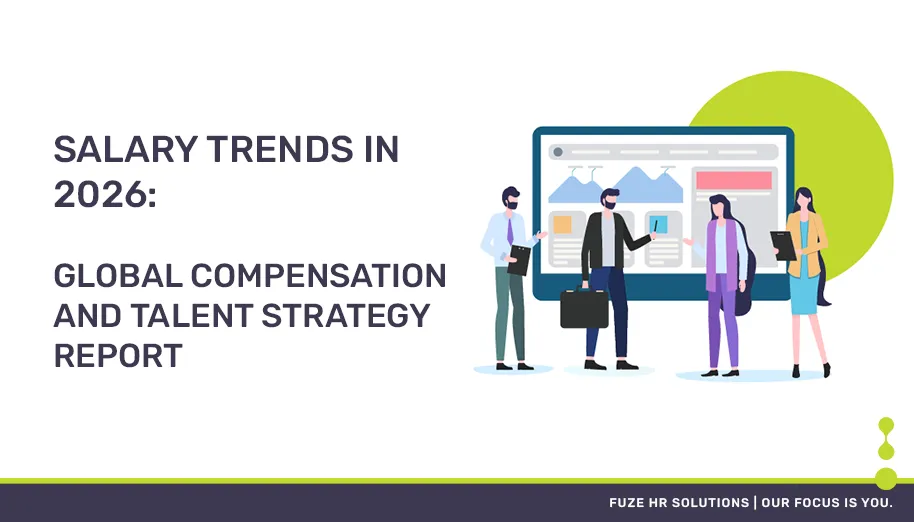Going on a job search is almost like having a full-time side job. Juggling between your day job and finding your next one can be a hectic and stressful procedure. You could be searching for a month and not receive a single call from the companies you apply to. You’ve changed your job search approach many times and are even starting to lose count of the jobs you applied to. You might even start second guessing yourself and thinking that maybe there is something wrong with your profile that makes companies don’t want to give you a chance.
Don’t think negatively, pull yourself together! Maybe you don’t know about the common mistakes you make that are preventing you from getting an interview.
It’s not too late to fix this! Use these points below as an assessment of your current job search method and watch how they help to increase your chances on landing an interview.
Here are 6 surprising reasons your job search isn’t working and preventing you from getting an interview or a job:
Not using the proper keywords in your CV / Resumé
- Keywords in your résumé should be words that are related to your current career. Make sure to use the right ones and decorate your résumé and cover letter with them. Recruiters only spend an average of 6 seconds per application. The keywords you use will help guide their eyes through your résumé.
- Don’t be fancy with your keywords. As much as you don’t want to sound repetitive and want to use fancy synonyms, refrain from doing that! Your résumé needs to be direct by listing out your professional experience and tasks in bullet points. Recruiters are not evaluating how creative you are with your words. They want to know what kind of candidate you are. Get to the point!
- Keywords need to be ATS friendly. After you applied, your CV will most likely go through and be stored in the company’s ATS (Applicant Tracking System). The system will then parse your document and populate skills sections with keywords from your CV. The recruiter can run searches in the system with specific skill sets they are looking for.
Relying only on one source to find a job
- The first thing that comes to mind is to go do a quick google search and use online job boards like Indeed, Zip recruiter and LinkedIn. Relying on only one job boards is simply not enough.
- If online job boards are the first places that you go to for your job search, chances are other job seekers are doing the same thing. You might not realise it but you’re kind of shooting out your application to jobs that already have hundreds of applicants, which means there will be a lot of competition.
- You might think you’re putting in a lot of work for your job search because you spent hours and applied to 20 jobs every day on Indeed. The reality is, you might be blindly applying to jobs without personalizing your cover letter and CV. Not all job descriptions with the same title are the same.
- You will get discouraged too soon because you think you are applying to a lot of jobs and not having results in return.
- Every job seeker should use more than one source to get their next job, such as a recruitment agency’s job board, recruiters from your industry, networking, LinkedIn and Social Media.
- You shouldn’t network only when you need a job. When it’s forced, it tends to be uncomfortable for you and the person you’re trying to create a connection with.
- Try to network regularly and make more time to help others from your industry through referrals and recommendations. You can also share articles and researches on social media, attending to network events and panels.
- If you don’t like small talk, you will have to learn to be good at it! You can master the art of networking by introducing yourself first, then shifting the attention to the other person. You can ask them questions about what they do and what they think of the industry they’re in. You’ll be able to learn from other professionals while generating a meaningful conversation.
- Companies love referral hires. Not only does it save them time but if they like the current employee, their referral will most likely be like them. Nothing is better than a personal word of mouth!
- Sure, you might be very good at what you do. You’ve received bonuses, raises, positive feedback, promotions while getting praised by your colleagues for your efforts. You know you will succeed in the next role.
- Being good at something and knowing how to showcase it are two different things. You will have to master the art of selling yourself. The hiring manager shouldn’t need to guess what you are good at. You have to be clear about your achievements and understand your value and communicate those points that will resonate with them.
- While presenting yourself, there’s a possibility you could be forgetting to show your problem-solving skills. Usually, job seekers have the “I hope they will pick me” or “I hope they will give me a chance” mindset. While carrying this mindset, it can bleed through your choice of words and the way you speak too.
- No company wants to give job seekers “a chance”. They are looking for employees to solve their problems. Job openings are not posted to give people chances, they are opened because they need to be filled.
- Show them you are the right person to fix their problems. Position yourself as their solution and you can show this through your presentation letter and résumé.
In conclusion, you want to get your next job as soon as possible, you should take a pause and see if you are doing everything to show the best side of yourself. Gain more self-confidence, take more time to personalize your résumé for different job applications, and last but not least: reach out to different sources to shorten and facilitate your job search time!





